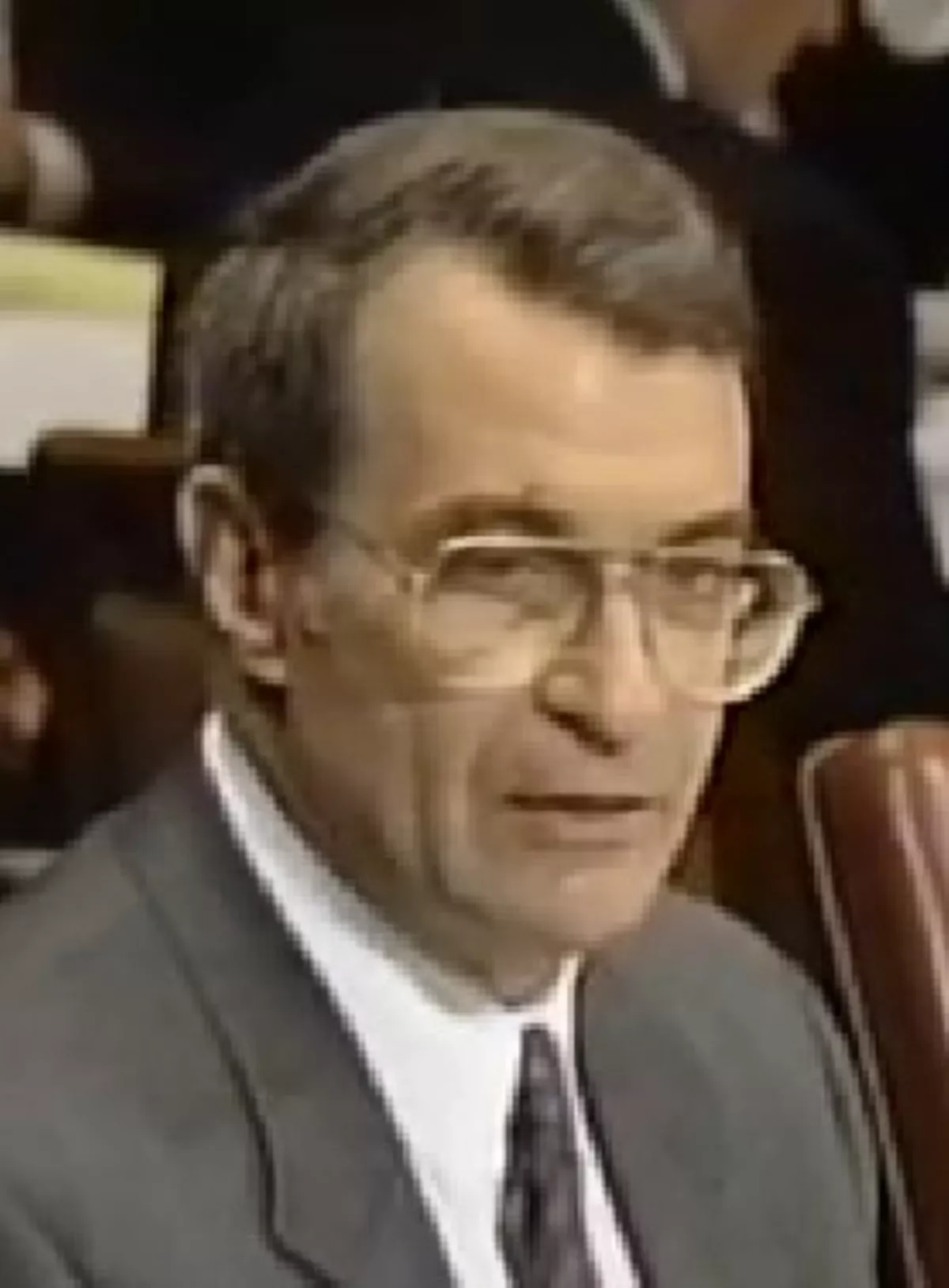 1.
1. Philip Benjamin Heymann was an American legal scholar and federal prosecutor who headed the Criminal Division of the Justice Department as Assistant Attorney General during the Carter administration and was briefly Deputy Attorney General in the Clinton administration before he resigned over management and policy differences as well as perceived interference by the White House.